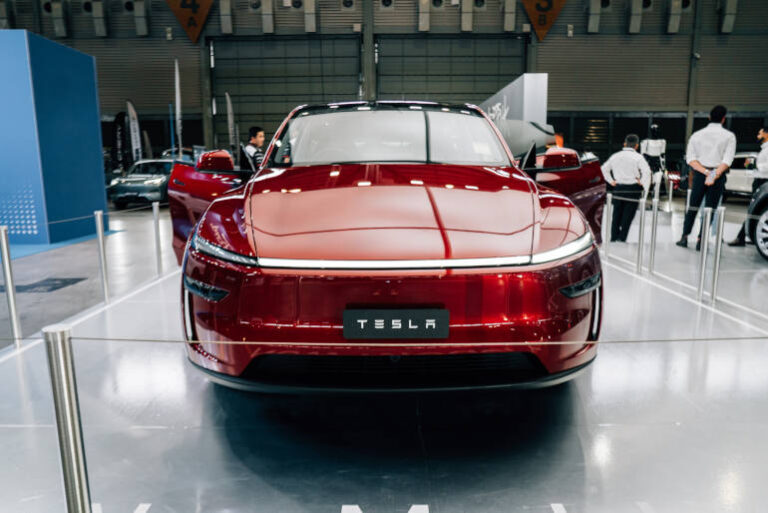Western Australia has announced the closure of its popular Zero Emissions Vehicle (ZEV) rebate, signalling the end of state-based cash incentives for electric vehicle buyers in Australia. Applications for the \$3,500 rebate must be submitted before midnight on 10 May 2025.
The ZEV rebate was introduced as part of the Cook Government’s 2022–23 State Budget under the Clean Energy Car Fund. It offered private buyers and small businesses a financial incentive to switch to zero-emission vehicles, including battery electric and hydrogen fuel cell cars. Since its launch, the scheme has been widely embraced by WA drivers, with 11,868 rebates paid out by the end of March 2025, totalling more than \$41.5 million in financial support. To meet strong demand, the Cook Government topped up the scheme with an additional \$14.7 million in 2024–25, lifting the total investment to \$51.2 million.
Licensing data from the Department of Transport shows that EV uptake in the state has surged, with the number of zero-emission vehicles on WA roads growing by over 692% between December 2021 and December 2024. More than 25,000 EVs are now registered in the state, a strong result that demonstrates the effectiveness of the rebate in accelerating adoption.
Despite this success, the State Government believes the time is right to wind down direct rebates. “Growth in the number of Western Australians purchasing electric vehicles and sustained interest in the scheme prompted the Cook Government to increase investment… to keep up with demand,” said Minister Assisting the Transport Minister, Jessica Stojkovski. “But it’s the end of the road, as the market has and continues to evolve, with many more zero emission vehicles available to consumers.”
The WA scheme’s closure follows similar moves in other states, ending a significant chapter in Australia’s early-stage EV adoption journey. However, some targeted support remains in place.
In New South Wales, the EV Fleets Incentive Program continues to offer financial assistance for businesses and councils to electrify their fleets. The program helps bridge the total cost of ownership (TCO) gap when transitioning from internal combustion vehicles to EVs, and includes funding for smart charging hardware. It remains a valuable opportunity for fleet operators looking to cut emissions and reduce running costs.
At the federal level, the Fringe Benefits Tax (FBT) exemption for eligible electric vehicles remains in place and continues to drive demand among novated lease buyers. This exemption allows employees to salary-package electric cars without paying FBT, providing thousands in potential tax savings annually and making EVs significantly more affordable for individuals.
WA residents considering the switch to electric are encouraged to submit their rebate application before the 10 May deadline. More information is available on the WA Department of Transport website.
With the last state cash rebate scheme now winding down, attention shifts toward sustained policy support, charging infrastructure development, and innovative financing solutions to ensure Australia’s electric vehicle transition maintains its momentum.






